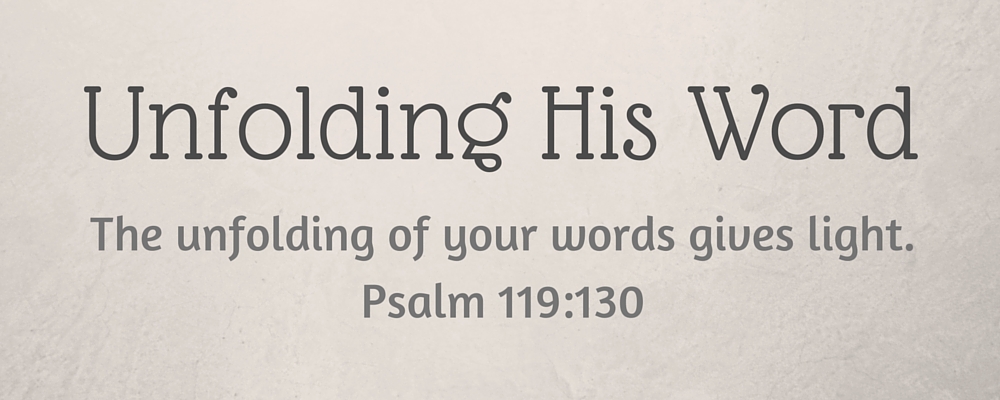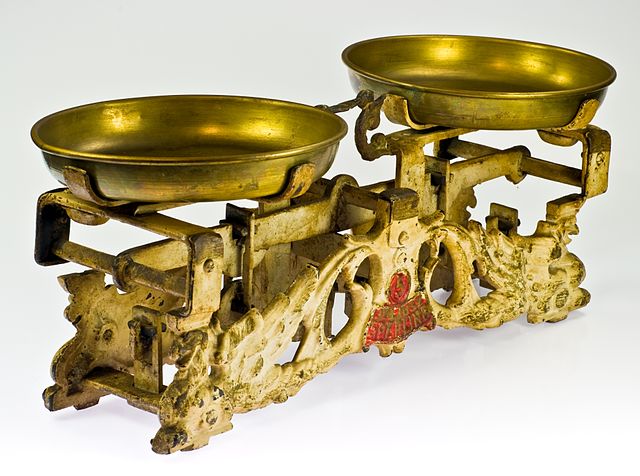(Photo “Old Two Pan Balance” by Nikodem Nijaki, courtesy of creative commons license and available on Wikimedia)
The first time I taught a class, I ran out of material about 30 minutes into a 2-hour class. I had spent several hours preparing my lecture, and I thought I had tons of valuable content to deliver to what I was sure would be an eager class. But when I stood up front on day one of “Economics for Bankers,” I suddenly had very little to say.
I learned the hard way that preparing to teach was work. Today, when I’m preparing a new lecture for a university class, I allow myself about three hours of prep for every one hour in the classroom. And this is for content that I’ve already studied in school myself.
The prep time is not necessarily spent re-learning the material, though that naturally happens too. Rather, the prep time is spent determining what to include, how to order the key points, and what examples will illustrate best.
Solomon did something similar.
Besides being wise, the Preacher also taught the people knowledge, weighing and studying and arranging many proverbs with great care
In Ecclesiastes 12:9, Solomon used his gift to teach the people knowledge. And to do so he practiced three traits shared by gifted teachers:
Solomon weighed the proverbs
The King James Version translates this as Solomon “gave good heed.” Strong’s Concordance translates this word as weigh, test, prove, consider. Part of preparation involves evaluating the ideas and determining what content is most relevant.
Solomon studied the proverbs
Some students think that flipping through the textbook the night before an exam while eating a pizza and playing video games is studying. Other students know that studying involves extracting every idea from the book. The idea behind this Hebrew word is “searching in the earth by digging.”
Matthew Henry describes it this way:
He did not only give them such observations as were obvious and trite, but he sought out such as were surprising and uncommon; he dug into the mines of knowledge, and did not merely pick up what lay on the surface.
Solomon arranged many proverbs with great care
Great teachers order their ideas so that the listeners can understand the main point. Solomon used care to order his words, not simply allowing the concepts to follow a random thought process. And he worked with many wise sayings, not relying on the same expected words over and over again.
As a teacher, I often have more content prepared than I can cover in the allotted time. If you’ve experienced that same dilemma, then you may have been practicing what Solomon practiced so long ago: carefully weighing the lessons, studying to unearth deep, relevant meaning, and then carefully distilling the ideas and arranging them in order.
Your turn:
How do you weigh, study, and arrange your lessons?

